The war in Ukraine brought about a significant shift in Russia's approach to surveillance, with the country's best digital spies deploying new tools to monitor its citizens who opposed the war.
Russian authorities began amassing technologies to track the online activities of its people, leading to the growth of a powerful and novel means of digital surveillance.
As the conflict in Ukraine unfolded, Russia's leaders sought to silence opposition within its borders. They turned to a range of sophisticated digital surveillance tools to achieve this.
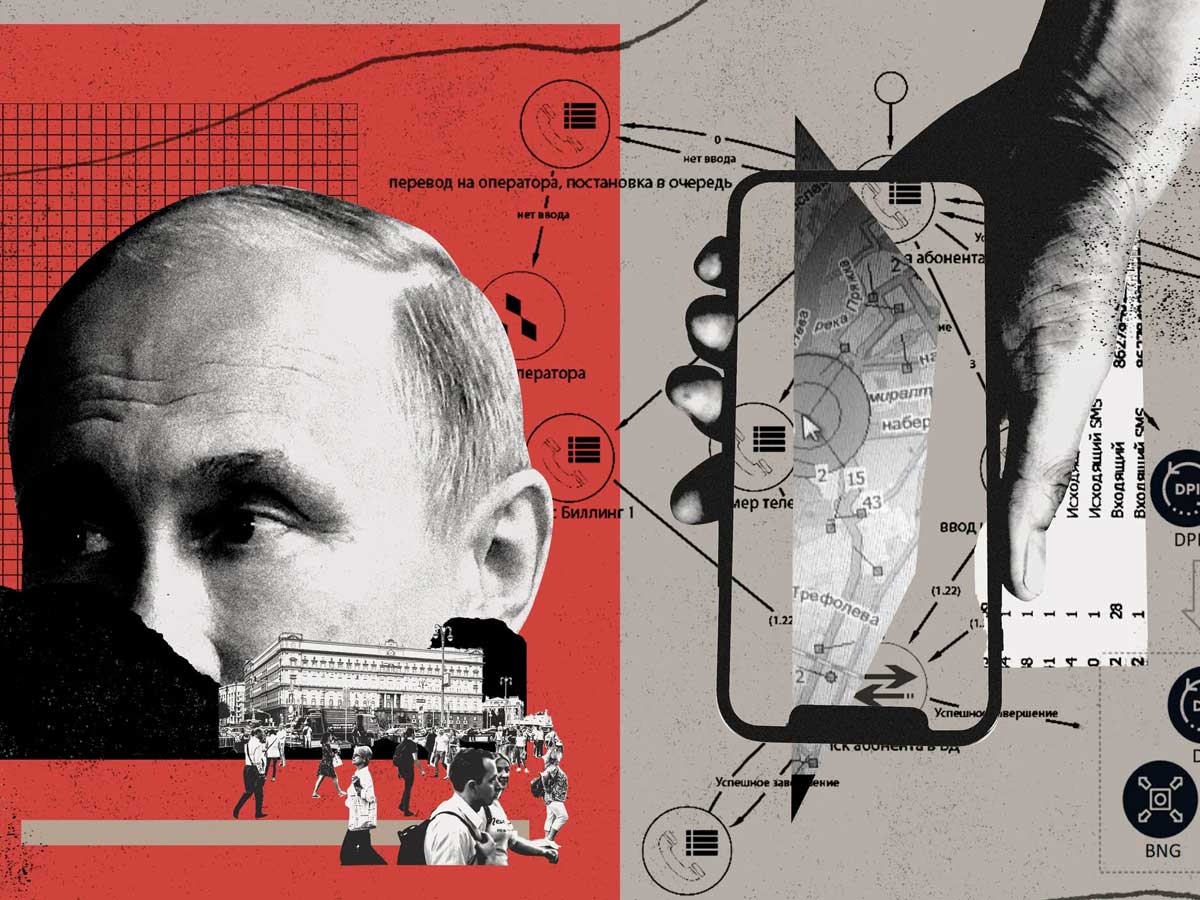
These tools aimed to monitor external enemies and citizens who disagreed with the war effort. The need for internal surveillance gave rise to a whole new era of digital surveillance in Russia.
Russian authorities accumulated a vast arsenal of surveillance technologies to aid the internal crackdown. These tools enable them to monitor the online lives of citizens closely.
The demand for such surveillance tools grew exponentially after Russia invaded Ukraine, creating a thriving industry of tech contractors specializing in digital surveillance.
The surveillance tools developed by Russian tech contractors provide the police and Russia's Federal Security Service (F.S.B.) with powerful capabilities.

These tools allow them to track the day-to-day use of phones and websites, monitor activity on encrypted apps like WhatsApp and Signal, identify anonymous social media users, and even gain unauthorized access to people's accounts.
In the face of military setbacks in Ukraine, bruising economic sanctions, and leadership challenges, President Vladimir V. Putin has increasingly relied on technology to maintain political power.
As Russia faces internal and external pressures, digital surveillance becomes a key strategy for the government to maintain control.
The pervasive use of surveillance technologies has made Russian citizens increasingly paranoid about the security of their communications.

Any form of communication, even with ordinary citizens, can now be subject to active monitoring, raising concerns about privacy and freedom of expression.
The development of these surveillance technologies has been a boon for relatively unknown Russian technology firms—some of these companies, such as M.F.I. Soft, Vas Experts, and Protei previously built components for Russia's invasive telecom wiretapping system. Now, they have expanded into the production of advanced surveillance tools.
NYT's acquired documents and intelligence reveal that these surveillance technologies are part of a broader strategy to shape public opinion and stifle dissent.
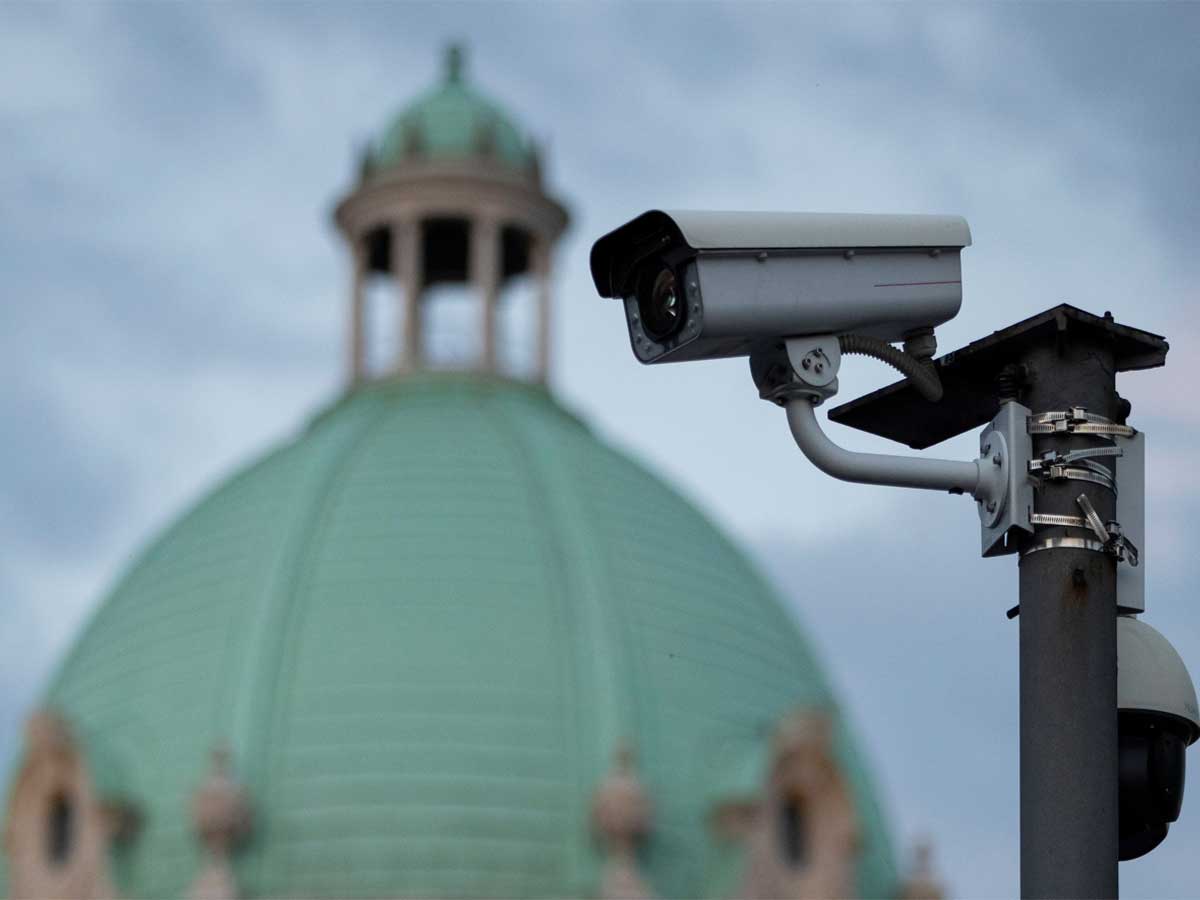
The Russian authorities actively encourage citizens to report social media posts that undermine the war effort, fostering an atmosphere of fear and distrust.
The rise of Russian surveillance companies, driven by the state's repressive interests, raises concerns about potential spillover effects.
This may impact neighboring regions and become a global concern if such technologies are exported or shared with other authoritarian regimes.
Over the past two decades, Russia has grappled with controlling the internet. Implementing systems like the System for Operative Investigative Activities (SORM) allowed eavesdropping on phone calls and storing internet traffic records.

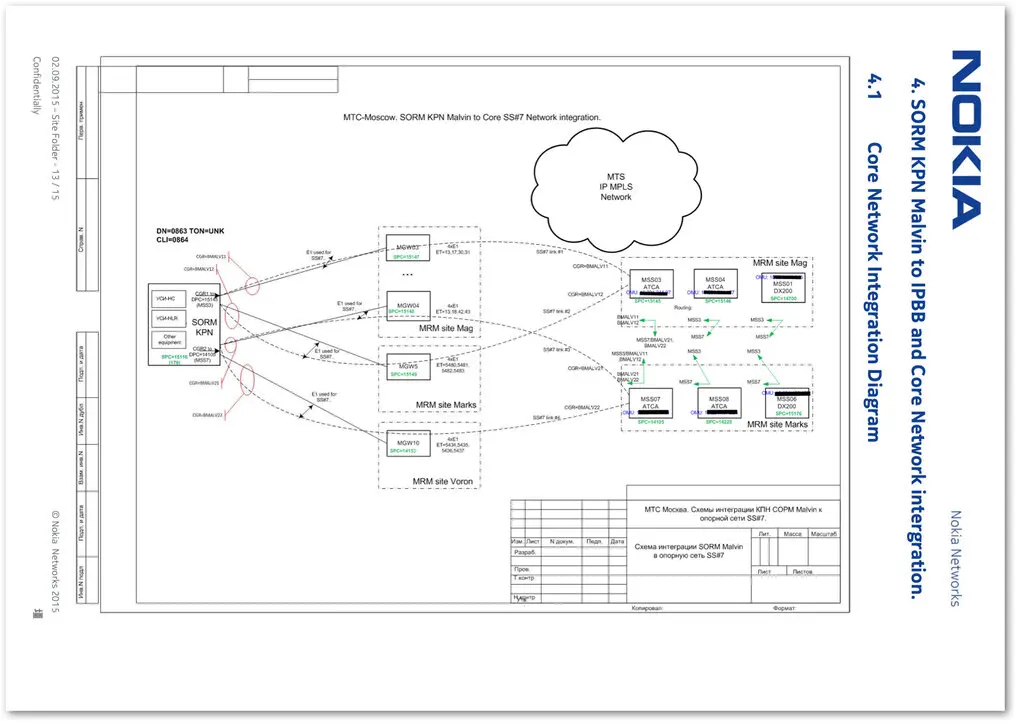


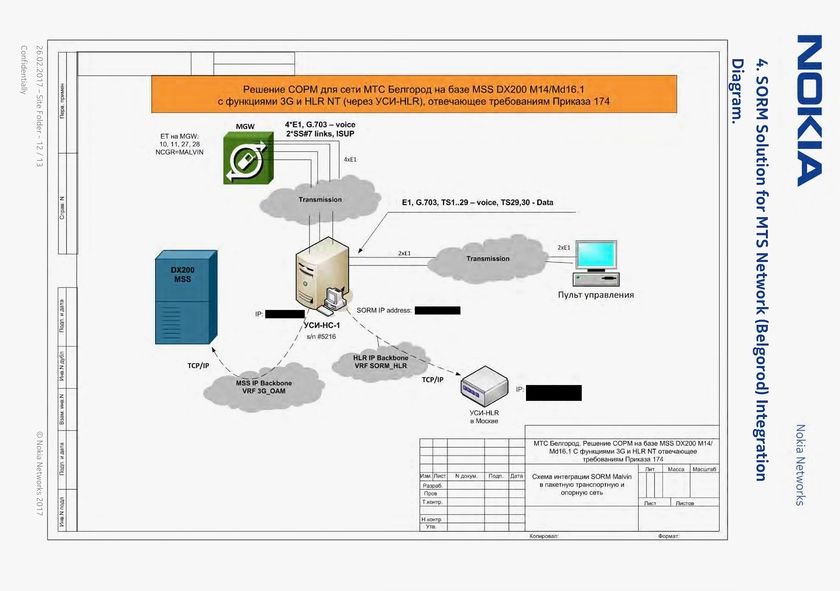

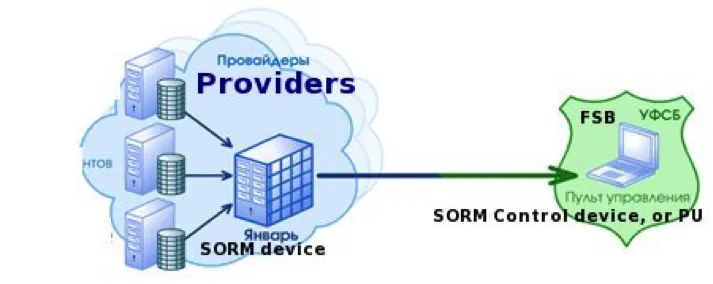
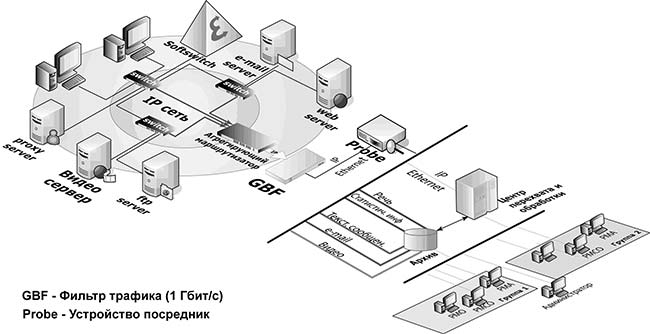
However, the system had limitations, leading to the search for more sophisticated surveillance technologies.
The demand for surveillance tools surged after Russia invaded Ukraine, resulting in collaborations between Russian authorities and local tech companies.
The government actively sought partnerships to enhance its surveillance capabilities, leading to these tools' rapid development and deployment.
Citadel Group, a dominant player in Russia's telecommunications monitoring technology market, has faced sanctions from the United States due to its involvement in digital surveillance.
Citadel Group or its affiliated entities own some Russian tech firms benefiting from the surveillance industry. Notably, Alisher Usmanov, a sanctioned oligarch, has partially controlled Citadel Group.
Thanks to tracking systems and voice-to-text transcription tools provided by companies like M.F.I. Soft and Protei, Russian security services now have an incredibly detailed view of the internet.
These technologies employ techniques like deep-packet inspection to identify data flows, including file transfers and voice calls made through encrypted apps such as WhatsApp, Signal, and Telegram.
These surveillance tools have alarmed security experts and makers of encrypted services. These tools have not only been limited to Russia but have started to spread beyond its borders.

While apps like Signal, Telegram, and WhatsApp offer encryption to mask message content, the record of communication itself remains susceptible to surveillance.
The proliferation of surveillance tools poses a significant threat to privacy in Russia and globally. Individuals may need to adopt new practices to protect their online behavior and communications, considering the advanced capabilities of these tools to intercept and monitor digital exchanges.
In Russia, suspicious digital exchanges can trigger investigations and arrests. The active monitoring and use of surveillance technologies empower authorities to take swift action against individuals suspected of engaging in activities deemed subversive or contrary to the state's interests.
The rise of Russian surveillance firms may see them emerge as competitors to established surveillance tool providers. With their growing expertise and capabilities, these firms could potentially rival Chinese companies in digital authoritarianism, further amplifying privacy and human rights concerns.
The implications of these surveillance tools extend beyond Russia's borders, serving as a stark reminder of the global challenges of digital authoritarianism.
Sources: nytimes.com













